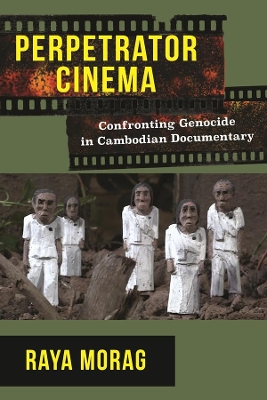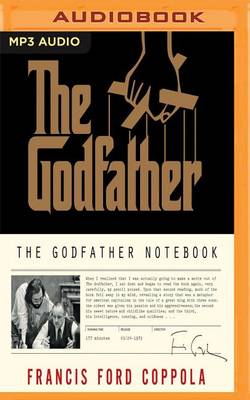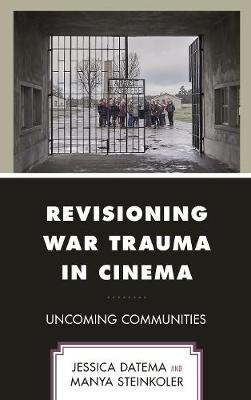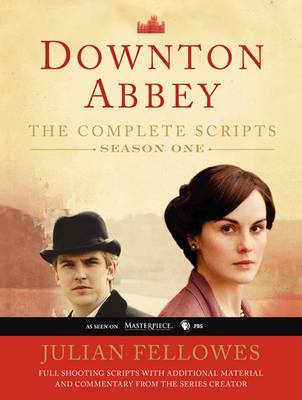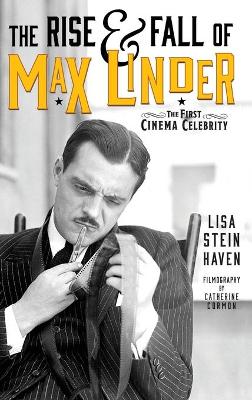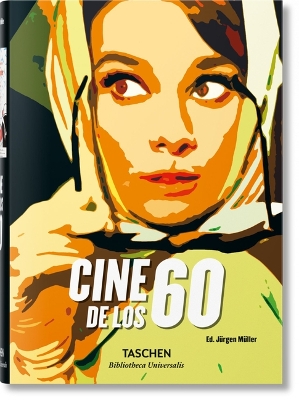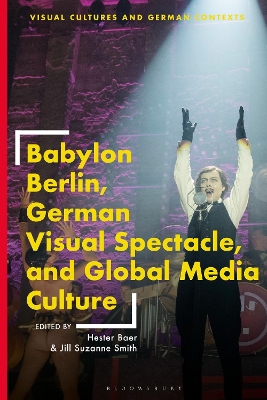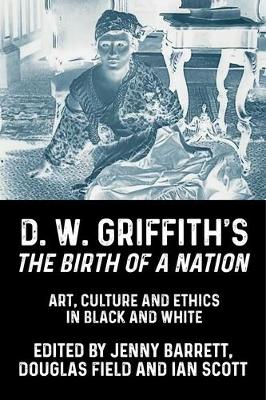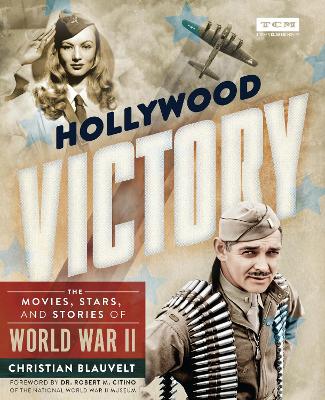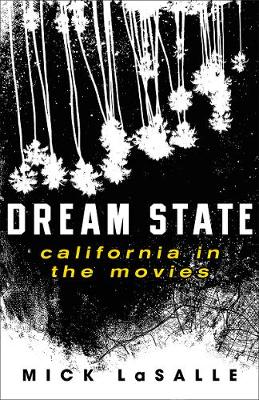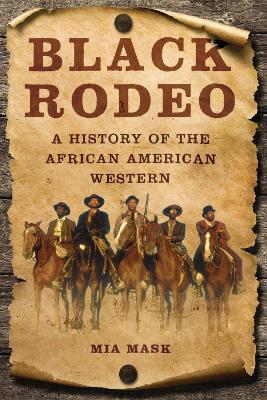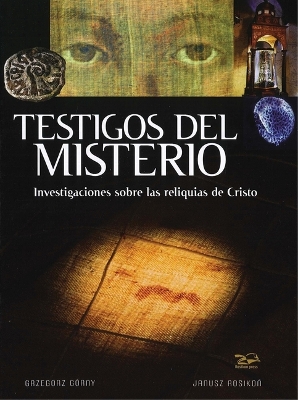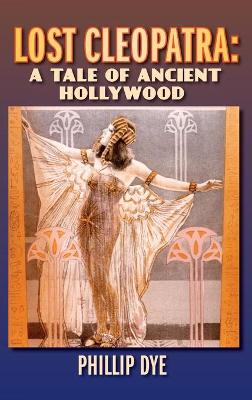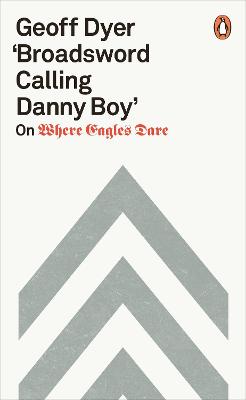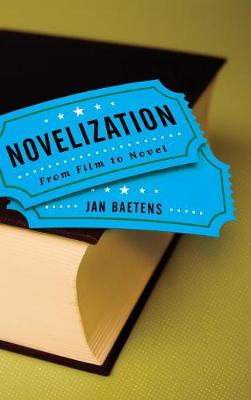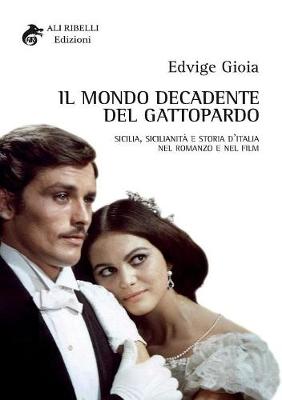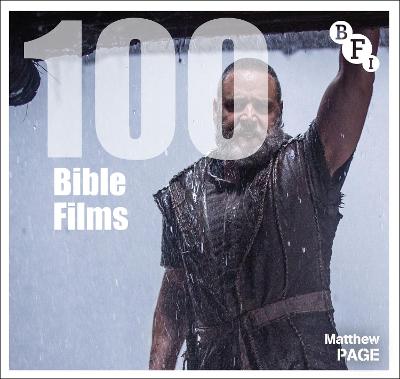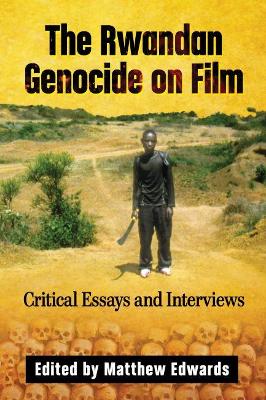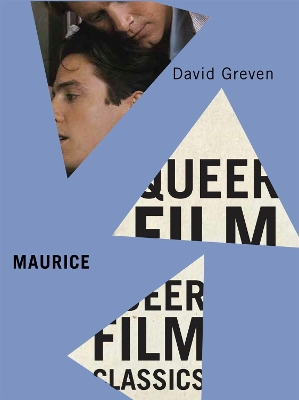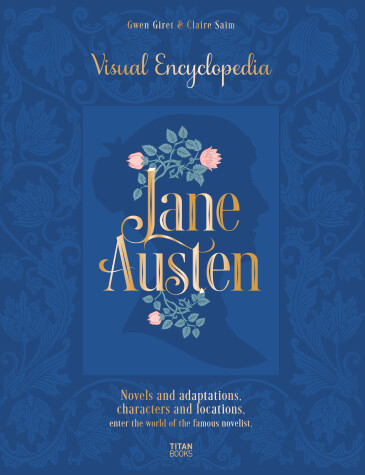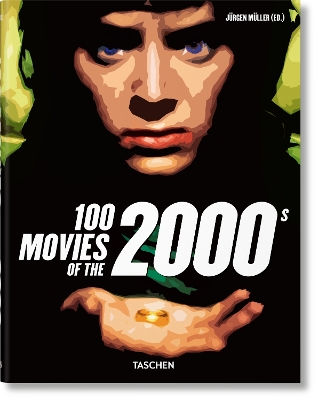Perpetrator Cinema explores a new trend in the cinematic depiction of genocide that has emerged in Cambodian documentary in the late twentieth- and early twenty-first centuries. While past films documenting the Holocaust and genocides in Yugoslavia, Rwanda, and elsewhere have focused on collecting and foregrounding the testimony of survivors and victims, the intimate horror of the autogenocide enables post–Khmer Rouge Cambodian documentarians to propose a direct confrontation between the first-g...
Moving Pictures and Renaissance Art History (Film Culture in Transition)
by Patricia Emison
Revisioning War Trauma in Cinema: Uncoming Communities uses philosophy and critical theory to examine films that participate in debates concerning trauma and representation. Our book reflects upon films that invent, rather than represent the moment history breaks down. It proposes a 21st century way forward across problems of trauma, inheritance, and representation into exceptional communities of artistic invention. Revisioning War Trauma involves a confrontation with death and the hole that t...
The popular German streaming series Babylon Berlin—a neo-noir thriller set in the final years of the Weimar Republic—builds on the fascination with 1920s Berlin as a centre of political and economic upheaval, hedonistic nightlife, and vibrant artistic experimentation. Exploring Weimar’s history and culture, its legacy, and its resonance in the early 21st century, this volume analyses Babylon Berlin and its unique contribution to contemporary visual culture. Since its inception in 2017 the serie...
In 1915, American filmmaker D. W. Griffith released a film that went on to become one of the most controversial of all time. Over a century later, The Birth of a Nation continues to stimulate debate on the relationship between Hollywood and racism. This volume reveals new perspectives on Griffith’s film across ten original chapters, re-considering it as text, historical milestone and influence. The volume also includes a helpful timeline that lists key publications and events in Birth’s ongoing...
Remember a time when all of Hollywood-with the expressed encouragement and investment of the government-joined forces to defend the American way of life? It was World War II and the gravest threat faced the nation, and the world at large. Hollywood answered the call to action.This is the riveting tale of how the film industry enlisted in the Allied effort during the second World War-a story that started with staunch isolationism as studios sought to maintain the European market and eventually er...
An eminent film writer looks behind the curtain of the California dream It hardly needs to be argued: nothing has contributed more to the mythology of California than the movies. Fed by the film industry, the California dream is instantly recognizable to people everywhere yet remains evasive for nearly everyone, including Californians themselves. That paradox is the subject of longtime San Francisco Chronicle film critic Mick LaSalle’s first book in nine years. The opposite of a dry historic...
African American westerns have a rich cinematic history and visual culture. Mia Mask examines the African American western hero within the larger context of film history by considering how Black westerns evolved and approached wide-ranging goals. Woody Strode’s 1950s transformation from football star to actor was the harbinger of hard-edged western heroes later played by Jim Brown and Fred Williamson. Sidney Poitier’s Buck and the Preacher provided a narrative helmed by a groundbreaking African...
A Telegraph, Evening Standard and Daily Mail Book of the YearFrom the acclaimed writer and critic Geoff Dyer, an extremely funny scene-by-scene analysis of Where Eagles Dare - published as the film reaches its 50th anniversaryA thrilling Alpine adventure starring a magnificent, bleary-eyed Richard Burton and a coolly anachronistic Clint Eastwood, Where Eagles Dare is the apex of 1960s war movies, by turns enjoyable and preposterous. 'Broadsword Calling Danny Boy' is Geoff Dyer's tribute to the...
"Exhaustively researched." Total Film From The Passion of the Christ to Life of Brian, and from The Ten Commandments to Last Temptation of Christ, filmmakers have been adapting the stories of the Bible for over 120 years, from the first time the Höritz Passion Play was filmed in the Czech Republic back in 1897. Ever since, these stories have inspired musicals, comedies, sci-fi, surrealist visions and the avant-garde not to mention spawning their own genre, the biblical epic. Filmmakers across s...
The Rwandan genocide remains one of the most controversial and shameful events of the 20th century. For most Westerners, there understanding of the genocide has come through the Oscar-winning film Hotel Rwanda and the critically acclaimed Shooting Dogs. Yet how accurate are these films in presenting what actually happened in Rwanda in 1994? How has the genocide been portrayed on film and why primarily only through a Western perspective that is guilty of presenting a distorted truth of what went...
Maurice, James Ivory’s 1987 adaptation of the E.M. Forster novel, follows an Edwardian man’s journey from the awakening of his desire for and love of men to self-acceptance. One of the most politically resistant films of the 1980s, Maurice dared to depict a young man’s coming-out story and a happy ending for its lovers, Maurice and Alec. James Ivory and producer Ismail Merchant, a couple whose cinema is synonymous with period film adaptation, released Maurice during the first AIDS decade, a tim...
Our Movies series enters the 21st century with this definitive lineup of the 100 most important films made during the 2000s, an age of evergreen franchises, historical epics, and comic-book superheroes, as well as fast-evolving CGI aesthetics, low-key global indies gaining unprecedented audiences, and hard-hitting documentaries (and mockumentaries) becoming mainstream feature hits. Through the gripping stories, insightful dramas, and thrilling, mindless escapism 100 Movies of the 2000s gathers...
